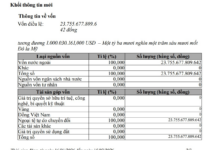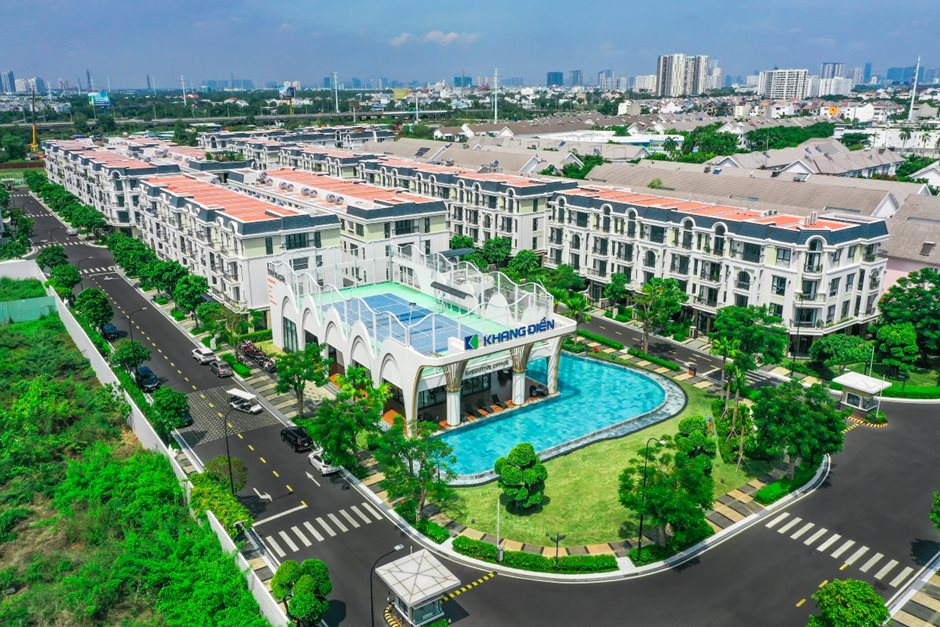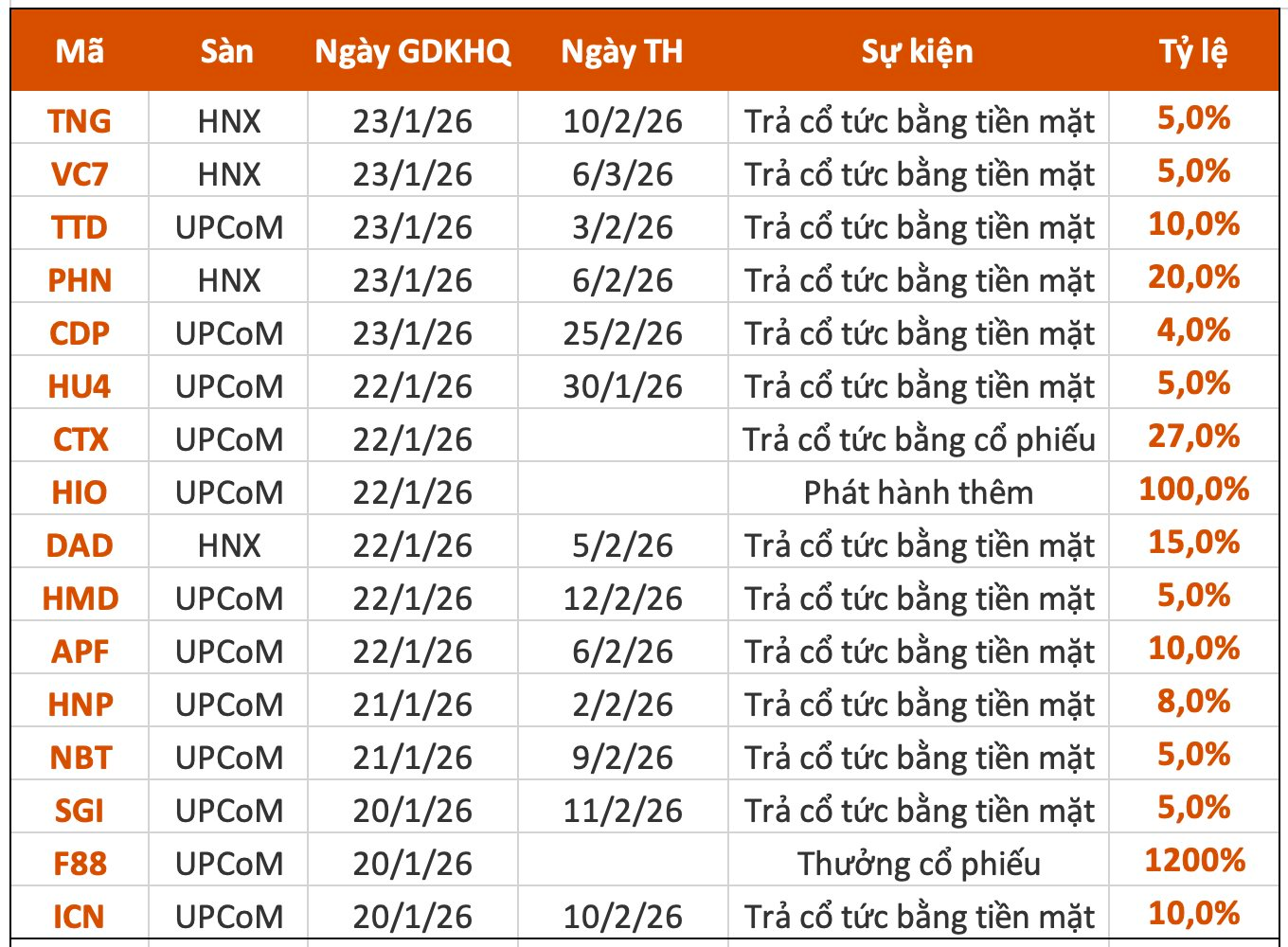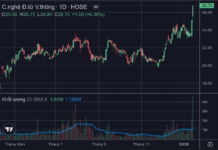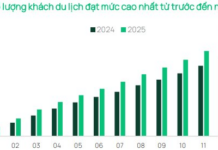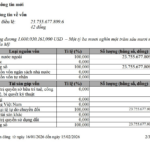Citing the report, “Navigating High Winds: Southeast Asia Outlook 2024-2034,” Bangkok Post highlights the projected economic growth of Southeast Asia, with an annual average of 5.1%. Vietnam and the Philippines are expected to lead the region’s growth, surpassing a 6% GDP increase. Indonesia closely follows with a projected growth of 5.7%.
The Southeast Asia Outlook 2024-2034 report, published by the Angsana Council, Bain & Co. (US), and DBS Bank (Singapore), forecasts the GDP of the six major economies in the region (ASEAN-6): Vietnam, Indonesia, Malaysia, the Philippines, Singapore, and Thailand.
“GDP growth and foreign direct investment in ASEAN are likely to surpass China in the next decade,” according to the report released by the Angsana Council, Bain & Company, and DBS Bank.

Vietnam’s economy is forecast to be positive and among the top performers in the region over the next decade.
Last year, FDI in the six ASEAN economies reached $206 billion, while China recorded $43 billion. From 2018 to 2022, FDI in ASEAN-6 increased by 37%, compared to 10% in China.
“Due to robust domestic growth and the China+1 strategy, we are increasingly optimistic that Southeast Asia will surpass China in both GDP growth and FDI in the next decade,” said Charles Ormiston, a partner at Bain & Company and chairman of the Angsana Council.
However, multinational investments will be highly competitive, with countries vying to enhance outcomes for businesses and consumers, he added.
Bangkok Post: Thailand Enters a Decade of Lower Growth
Taimur Baig, Managing Director and Chief Economist at DBS Bank, noted that the global economy’s increasingly protectionist and inward-focused nature is unlikely to change.
“Most Southeast Asian economies and companies are well-positioned to seek opportunities as capital allocation is adjusted across geographical areas and sectors, while navigating technological disruptions and climate change,” Mr. Baig observed.
Meanwhile, BofA Global Research indicated that the mid-term growth outlook for the six mentioned ASEAN countries is supported by investments, with encouraging FDI flows.
In 2024, growth is projected at 4.7%, with momentum in the second half bolstered by the tourism industry’s recovery.
While Vietnam exhibits positive growth signals, Thailand’s economy is anticipated to grow at an average rate of only 2.8% annually over the next decade.
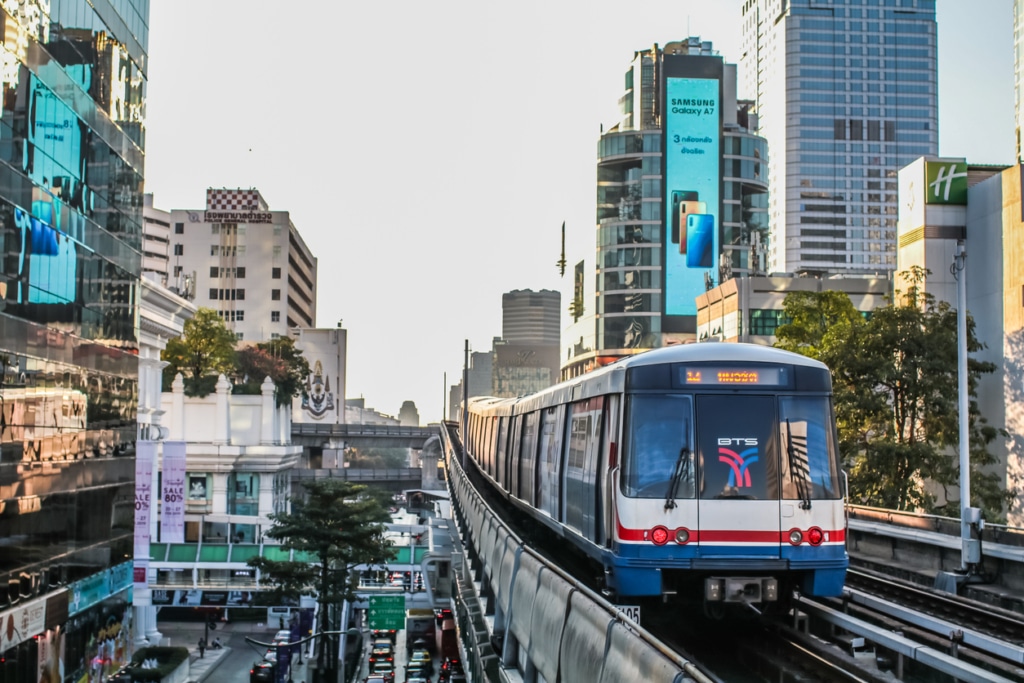
Thailand’s economy is projected to grow at an average of 2.8% annually over the next ten years.
Bangkok Post emphasized that “Thailand is entering a decade of lower growth.”
The positive factors for Thailand include the recovery of tourism, its position as a significant regional automotive hub with well-connected infrastructure, and the fact that Thailand’s leading conglomerates, specifically Charoen Pokphand (CP), Central Group, PTT, Siam Cement, and Thai Union, have a more regional focus than their Southeast Asian counterparts, according to the report.
However, there are negative considerations, including political uncertainty, concerns about consolidation in key sectors such as retail and telecommunications, and demographic challenges, the report noted.
“For Thailand, we have not factored in the impact of the digital wallet, with registration starting in August. On our base case, we estimate a net impact of around 0.4% of GDP, with most of the impact in 2025,” the BofA report stated.
The most extensive bribery case ever in Thanh Hoa: Numerous suspects prosecuted for “Giving and Receiving Bribes”
The Provincial Security Investigation Agency (PSIA) of Thanh Hoa province announced on January 31st that it has made the decision to initiate a prosecution against 23 individuals in connection with the offenses of “Accepting bribes” and “Giving bribes” as stipulated in Article 354(3) and Article 364(2) of the Criminal Code.












